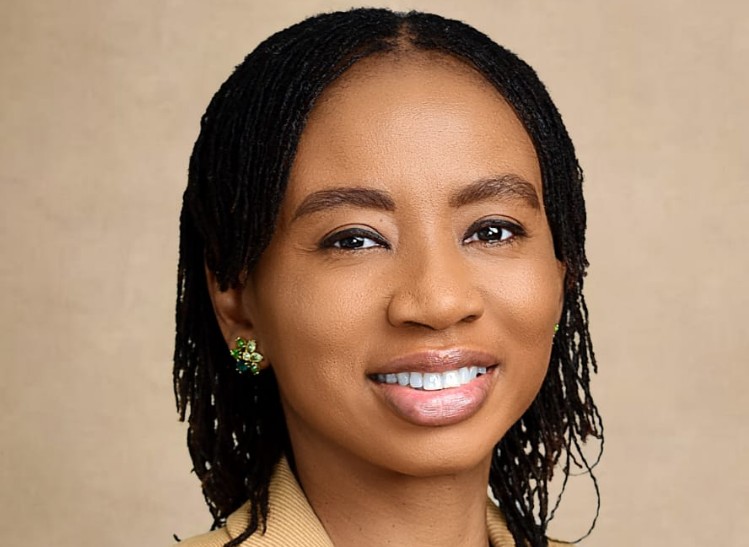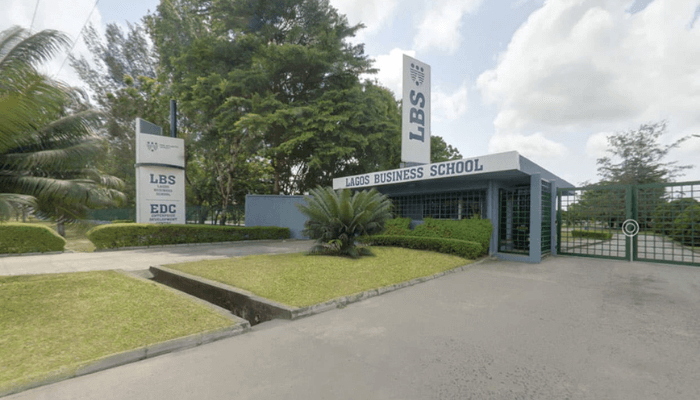 Discrimination, violence and harassment are undoubtedly deepening inequalities in the world of work.
Discrimination, violence and harassment are undoubtedly deepening inequalities in the world of work.
On June 21, 2019, when the conference of the International Labour Organisation (ILO) adopted the Centenary Declaration on the Future of Work, it expressed a clear commitment to a world of work that is free from violence and harassment.
In yet another show of commitment, the Violence and Harassment Convention No. 190 (C190) and Recommendation (No. 206) came into force on June 25, 2021.
For the first time, the right to a world of work free of violence and harassment has been articulated in an international treaty, showing a clear and common framework to prevent and address violence and harassment, based on an inclusive, integrated and gender-responsive approach.
Though Nigeria was the fourth country in Africa and the eighth globally to ratify Convention No. 190, Gender-Based Violence and Harassment (GBVH) and other forms of harassment at work, the convention is yet to be carved into legislation or policy in the country.
A study conducted by the Nigeria Labour Congress (NLC) and American-based Solidarity Centre, said 56 per cent of women workers reported experiencing GBVH in the world of work; 52 per cent said they had been threatened at work, or on their way to and from work; while 42 per cent of women workers said a supervisor has said or done something that made them uneasy due to their gender or sex.
At a two-day workshop on ‘Implementing ILO Convention 190: Strategising to Address the Root Causes of Violence and Harassment at Work’, organised by Solidarity Centre, in Lagos, had in attendance 30 trade union leaders and members, Civil Society Organisation (CSO) allies and International Lawyers Assisting Workers Network (ILAW) members to fashion out ways to tackle the menace.
Speaking at the workshop, Country Programme Director for West Africa, Solidarity Centre, Sonny Ogbuehi, said the gathering was aimed at strengthening the capacity of the participants to prevent and respond to GBVH in the world of work; as well as what implications ratification of C190 has for the rights of workers.
He said the research conducted about two years ago had many women complaining about GBVH, with very alarming cases.
He said the participants would work collectively towards ensuring the government domesticates C190.
Ogbuehi emphasised how GBVH could be ended in the world of work through commitments via a tripartite level, which comprises the trade unions, employers and the government.
For trade unions, he identified increased education and awareness of GBVH in the workplace and the development of policies that guide negotiations with employers around GBVH and workplace policies to prevent and address the issue.
He said employers could adopt policies that address and prevent GBVH, while also providing safe, transparent and confidential processes for reporting.
For the government, the need to ratify and implement ILO C190, as well as adopt legislation that protects all workers, he said, was paramount.
National Chairperson of the Trade Union Congress of Nigeria (TUC) Women Commission, Hafsat Shaibu, said there is a need to create awareness in all sectors, including the informal sector on implementation of the convention, training and retraining, as well as enforcement of C190.
Shaibu, who is also the National Chairperson, Coalition of GBVH, said the group is swinging into action to ensure Nigeria urgently domesticates C190.
Already, a Senior Advocate of Nigeria (SAN), Prof. Offornze Amucheazi, said sexual harassment and discrimination in the workplace were problems that have not been addressed by legislation, governmental policies, or employers’ policies despite repeated outcry by civil society groups, women rights organisations and other labour stakeholders.
She hinted that the lack of appetite to address the issue by the government and employers reflects the wider perception of a male-dominated workplace where the issues are considered ‘normal’ occurrences in the workplace.
According to her, women being subjected to repeated sexual harassment and discrimination is a common occurrence without consequences for perpetrators.
To nip this in the bud, Regional Coordinator, sub-Saharan Africa, ILAW, Jacquline Wamai, said the process of reforming the law and developing effective processes for preventing and responding to GBVH and other forms of violence and harassment must involve workers and unions.
According to her, implementing the comprehensive protections outlined in C190 is an enormous opportunity to address structural discrimination against marginalised workers in Nigeria, in particular, women workers.
She said C190 and R206 together provide a roadmap for how to design policies to ensure safe, respectful workplaces for everyone.
Giving an analysis of Nigeria’s legal framework for conformity with ILO C190, she stated that labour laws should fully reflect an expansive right to be free from all forms of violence and harassment.
She said workers with disabilities should have an articulated right to a work environment that is open, inclusive and accessible, including reasonable accommodation.
According to her, all workers must be protected, including workers in the informal economy and in non-standard forms of employment, who often fall outside the current scope of labour law.
She said working in consultation with unions and informal worker organisations, the government should identify a special mechanism to protect the rights of workers in the informal economy, particularly self-employed workers.
According to her, policies should reach the entire world of work, including addressing violence and harassment in public spaces and transport, adding that workplace-based protections should include measures to address the impact of domestic violence on the world of work.
She urged the government to work with trade unions, women’s rights organisations and other human rights organisations to create safe, gender-responsive, effective complaints procedures, including measures to address barriers to reporting.
“However, more work is needed in terms of domestication. Like work on which documents need to be changed, policy reforms need to be done, what type of legal framework are we seeing in terms of implementing the law? When it comes to conventions, documentation is very clear, in terms of how we implement the C190.
“The convention covers everyone globally, especially with the new forms of work. It entails holding employers and government accountable, in terms of ensuring that the world of work is free of any form of violence and harassment.
“ILAW is willing to provide legal strategies, which will provide sentencing for violators, but due diligence needs to be taken,” she said.
In her submission, Chairperson of the NLC, Lagos State Council, Agnes Sessi, said workers should have an environment that is devoid of violence or harassment of any sort, stating that when an environment is enabling, the workers would bring out their best for maximum productivity.
She said the Federal Government and some states have not taken measures to address GBVH.
Citing instances in Lagos State, which has a special court for such offences, she said: “Other states have to replicate what Lagos is doing, including the Federal Government. They need to have some special centres and create more awareness. What is the National Orientation Agency (NOA) doing?
They are docile. They need to create awareness to get our environment free and devoid of any violence. It is only when awareness is being created, everyone joins hands and people speak out without fear or favour that is when everywhere will be great.”
She cited cases of which the Lagos NLC is overseeing on issues bothering the rape of minors.”
On challenges encountered during investigations, Sessi alleged a threat to the lives of the parents of the minors because they are vulnerable and poor.
She said: “People offer them money to settle them and even relocate them, thereby disrupting the evidence that we have. We want the parents of the minors to be present in court so that justice would be served because emotionally, the minors will not be happy with themselves if justice is not served to the perpetrators. We want to give strength and voice to the voiceless that is what we stand to achieve.”
Already, Permanent Secretary, the Federal Ministry of Labour and Employment, KachollomDaju, at a forum had said that the Ministry had already inserted prohibitions on violence and harassment, including sexual harassment during the review exercise of the National Labour Bills.
Stating that the ratification comes with an enormous responsibility and reporting obligation for Nigeria, she called on labour officers in the states to put their best foot forward.
She said it was their duty to implement, intercept and intervene in all cases of violence and harassment, and other related unfair labour practices in all workplaces after the convention is domesticated.
“It may interest you to note also, that the Ministry has already inserted prohibitions on violence and harassment in the just-concluded review exercise of the National Labour Bill. This indicates the government’s political will and commitment towards strengthening already existing institutional and legal frameworks,” she said.





